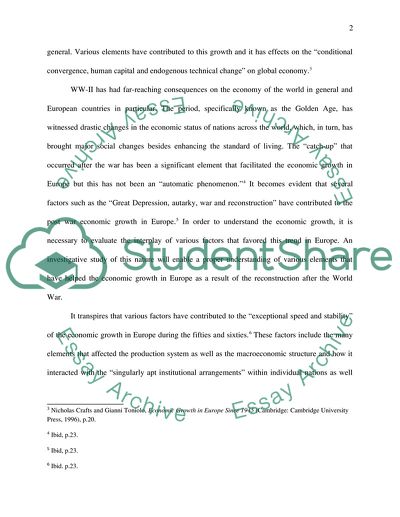Cite this document
(“World War || Research Paper Example | Topics and Well Written Essays - 2000 words”, n.d.)
Retrieved from https://studentshare.org/history/1617228-world-war
Retrieved from https://studentshare.org/history/1617228-world-war
(World War || Research Paper Example | Topics and Well Written Essays - 2000 Words)
https://studentshare.org/history/1617228-world-war.
https://studentshare.org/history/1617228-world-war.
“World War || Research Paper Example | Topics and Well Written Essays - 2000 Words”, n.d. https://studentshare.org/history/1617228-world-war.


